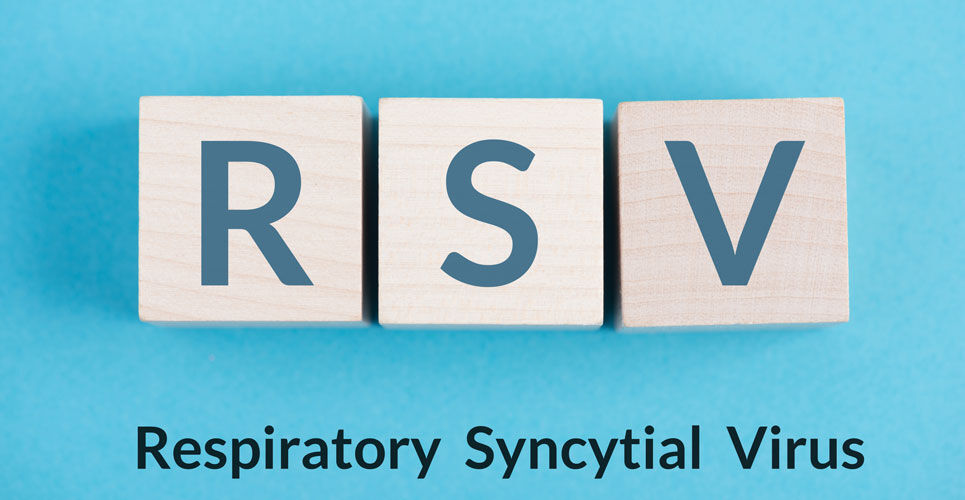Maternal vaccination using a single dose against RSV provides a high efficacy against severe lower respiratory tract infection among infants.
RSV infection globally gives rise to a high morbidity and mortality burden in children aged 0-60 months. Moreover, the greatest risk for hospitalisation occurs during the first six months of life.
In a recent study, RSV-associated acute respiratory infection, led to the hospitalisation of one in every 56 healthy term-born infants. Whether maternal vaccination might reduce such RSV-related infection in newborns and infants remains unclear.
In the present, randomised, double-blind, phase 3 trial, pregnant women received a single dose vaccine or placebo, between weeks 24 and 36. The two primary efficacy endpoints were severe RSV-associated lower respiratory tract illness and medically attended, less severe illness. Assessment of these outcomes took place at 90 and 180 days after birth. A lower boundary of the confidence interval > 20% was the success criterion for vaccine efficacy.
Maternal vaccination and RSV-associated infections
Overall, 7358 women received either the vaccine (3682) or placebo. With only 6 cases of severe RSV in the vaccinated group and 33 in the placebo arm within 90 days of birth, the vaccine efficacy was 81.8% (99.5% CI 40.6% – 96.3%).
Within 180 days, the vaccine efficacy against severe infection was 69.4% (97.58% CI 44.3 – 84.1%). In contrast, vaccine efficacy was only 57.1% (99.5% CI 14.7 – 79.8) against less severe disease and did not meet the criteria for success.
Adverse events were similar in all groups within one month after injection or within one month after birth.

